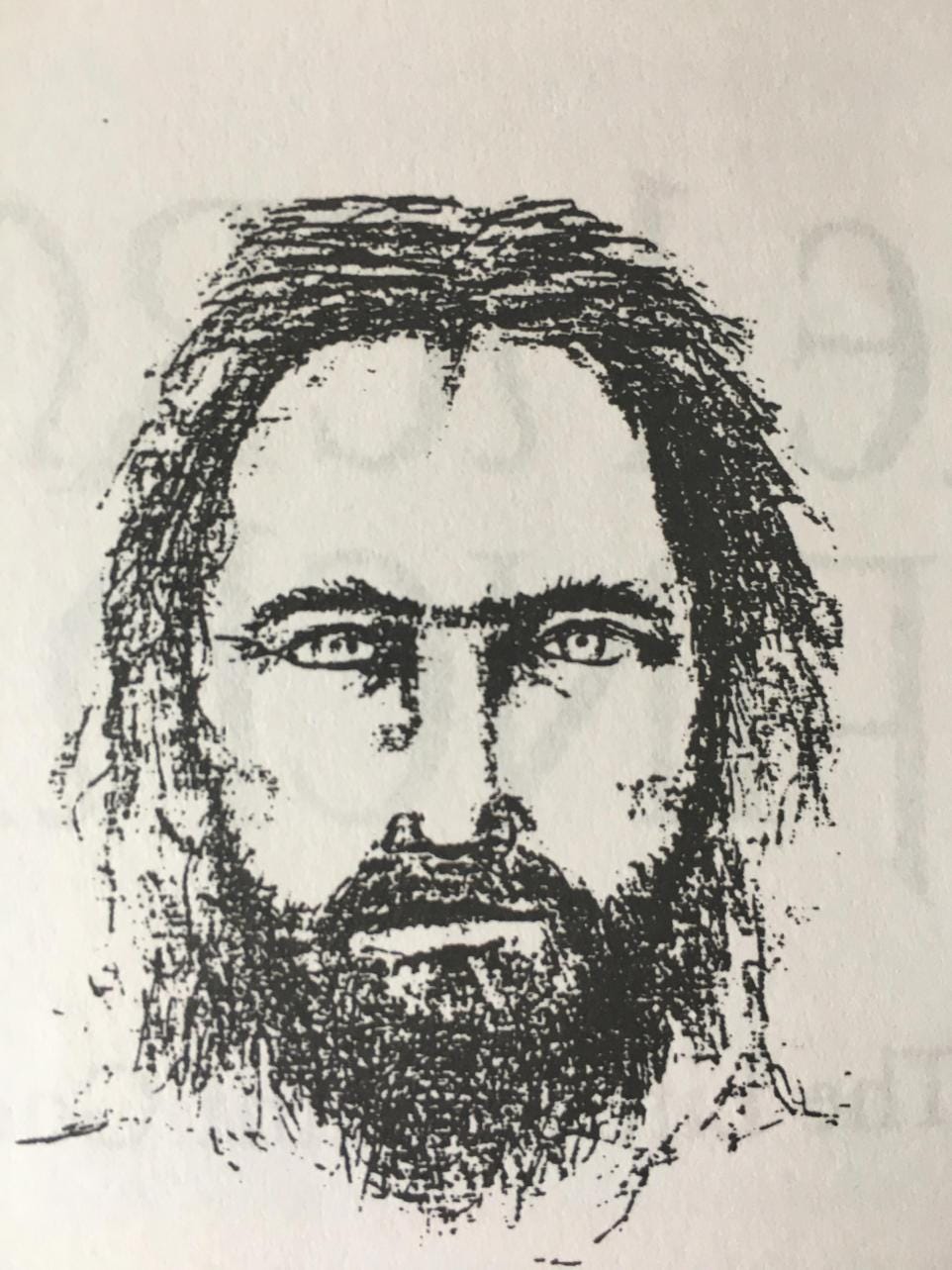Join me today to meet a wanderer and a saint at the end of his long, strange life.

Name: Godric of Finchale
Life: c. 1065 - 1170
Status: Saint
Feast: May 21
Join me today to meet a wanderer and a saint at the end of his long, strange life.

Name: Godric of Finchale
Life: c. 1065 - 1170
Status: Saint
Feast: May 21